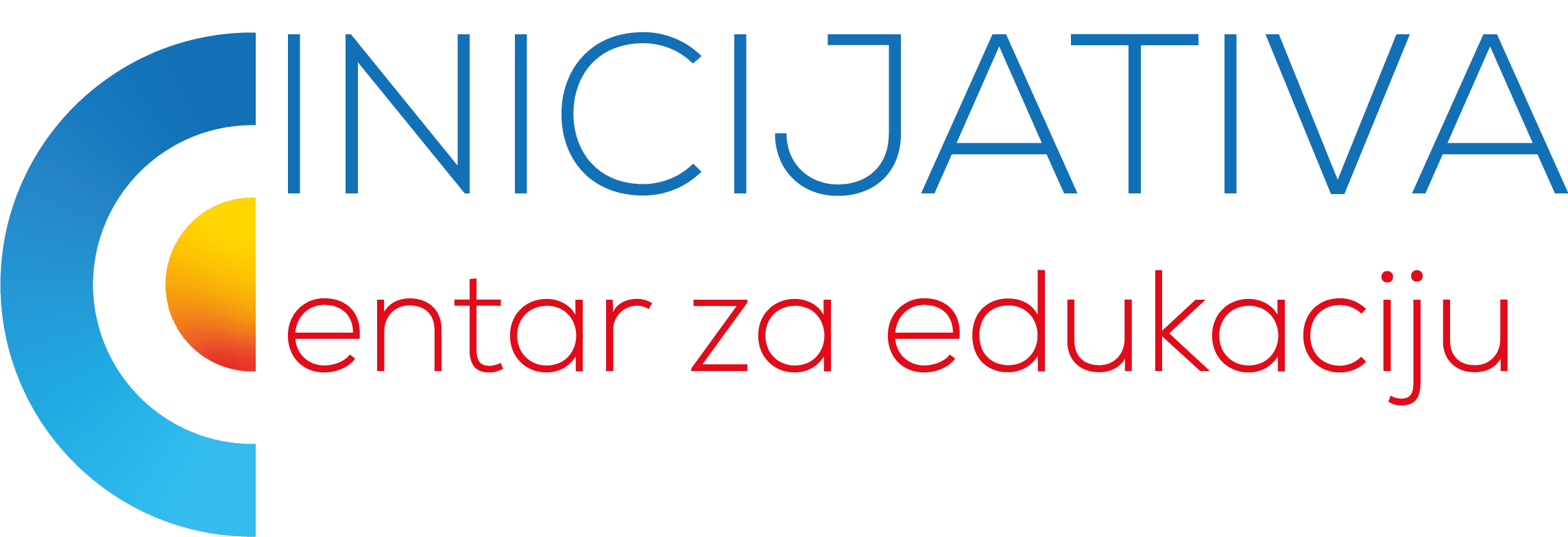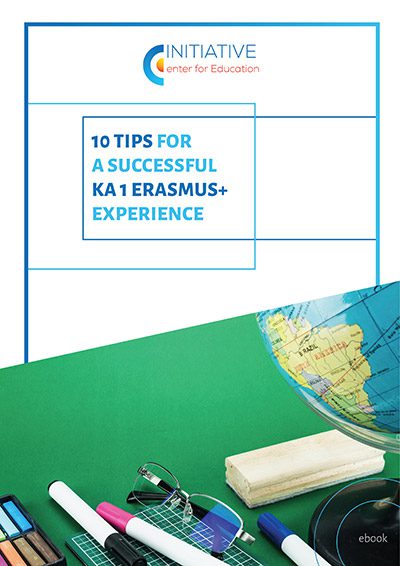Lifelong learning as a way to grow self-confidence
“Anyone who stops learning is old, whether at twenty or eighty. Anyone who keeps learning stays young. The greatest thing in life is to keep your mind young.” — Henry Ford
Alan Honan
Born in Ireland, Alan has been travelling the world since the age of 18, and fell in love with Croatia and Zagreb. He enjoys being a teacher and loves seeing the improvement in his students. He is a bookworm, and enjoys learning new skills.

Alan Honan
What is Lifelong Learning?
Well, it’s something we do all our lives whether we realize it or not. We learn every day either in formal or informal ways. Formal learning is what we get in schools or universities and is structured to lead to a certificate or diploma, while informal learning is what we learn in everyday life either at work or through relationships such as family life or friendships.
Every time you learn a new way to do something or deal with a certain situation you are learning, and as long as you live you will continue to learn, so it makes sense to find out the best ways to learn and the things that will benefit us the most. In today’s world, it’s more important than ever to keep up with the almost constant changes in technology, both at work and in society in general, as seen with the increased use of social media for communication and interaction.
Increased choices in everyday life
Let's look at what we can get from lifelong learning and the ways we can achieve the best results from this fascinating and rewarding journey. The first and most obvious way we can benefit from further education is at work where extra skills can lead to better job prospects and consequently to better pay, which in turn gives us more choices in our everyday lives, i.e. where we can live, where we can eat or socialize, and the people we choose to socialize with are all connected to our position in society and our financial position. Whether we like it or not, society has levels and our education and financial position dictates our place in it.
"Education breeds confidence. Confidence breeds hope. Hope breeds peace." – Confucius

The Top 10 Reasons Why You Should Join Our Zagreb Erasmus+ English Courses for Teachers
Learning helps grow confidence
Lifelong learning helps grow self-confidence, as we have all heard the phrase that knowledge is power, so it makes sense that the more we know the more confident we feel. In life, nothing makes us feel more helpless than being in a situation we have no idea how to get out of, when the solution to our problem could be something simple but our lack of knowledge keeps us from it.
So the more we learn, the better equipped we are to deal with life’s problems, and the more confident we become.
Physical benefits of lifelong learning
It has been proved that people who continue to learn throughout their lives live longer and tend to be healthier than those who do not. Studies have also shown that lifelong learners are less susceptible to degenerative diseases such as Parkinson's and Alzheimer's, often by quite a large percentage. So there you go, continuous learning leads to a longer and healthier life.
Social benefits of lifelong learning
One of the best ways to meet people is in local education courses where you not only get to meet people who have the same interests as you (which makes interaction a lot easier), but you also can socialize with them after lessons. Common interests are a great help when meeting people for the first time and can help you to improve your social skills in a safe setting where personalities take second place to the subject being learned.
"Everyone you will ever meet knows something you don’t." Bill Nye
So what else do we get from lifelong learning apart from better career prospects, longer and healthier lives, and more interesting social lives? Our own self-development as individuals is largely based on the knowledge we acquire and the relationships we cultivate in our lives, and the more we learn and share with like-minded people, the richer and more fulfilling our lives become. We grow into more stable and more interesting people who have the confidence to truly become the best possible versions of ourselves.
Communities grow as a result of lifelong learners, as the more skills and knowledge we acquire, the more we have to offer to the communities in which we live. As stable and successful individuals we provide better role models to the younger members of the communities we live in .
There are a lot of negative influences in society today, which include political radicalism and intolerance, so now more than ever stable and educated individuals are needed in communities to provide balanced and sensible solutions and discussions that address whatever problems that may arise within these communities.
"I never lose. I either win or learn." Nelson Mandela
So there we have it, lifelong learning not only helps us grow and develop as people, creating fuller and more interesting lives, but also creates safer and more inclusive communities which are far more fun to live in, where we get to live with a more diverse and interesting society that offers us more varieties of culture, food, music, and people with which we can interact. Everyone benefits from this approach to living and we constantly evolve as individuals and communities.
Alan Honan
Subscribe to our newsletter to receive news about our courses and the latest news!
By signing up, you accept our Terms of Use





 but I assure you, you won’t need to become a vampire to participate. This activity is created for people who want to learn good practices from their colleagues in other similar European organizations. You will most likely be participating on meetings, classes and back office activities and tasks. This way – learning by seeing, you can implement newly learned skills and practices in your organization when you get back home.
but I assure you, you won’t need to become a vampire to participate. This activity is created for people who want to learn good practices from their colleagues in other similar European organizations. You will most likely be participating on meetings, classes and back office activities and tasks. This way – learning by seeing, you can implement newly learned skills and practices in your organization when you get back home.